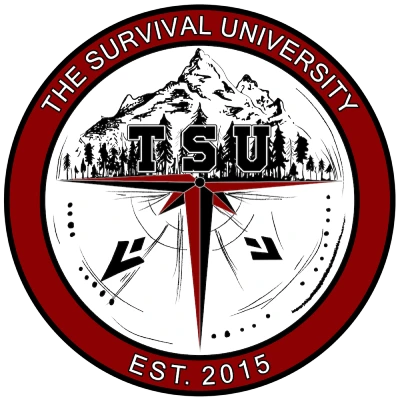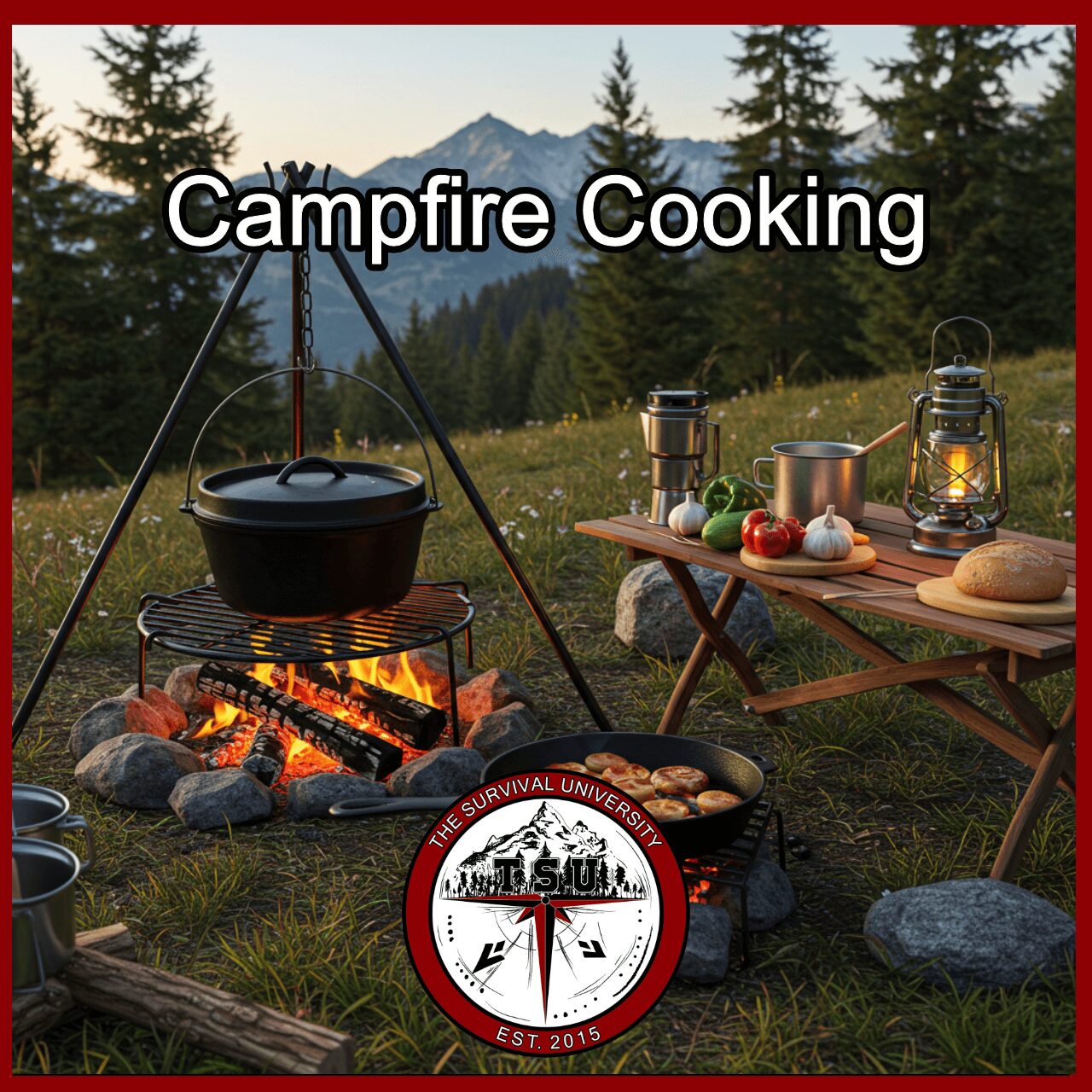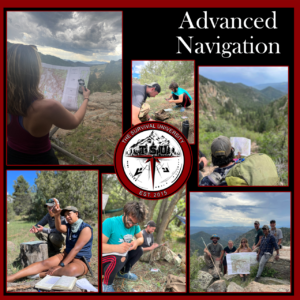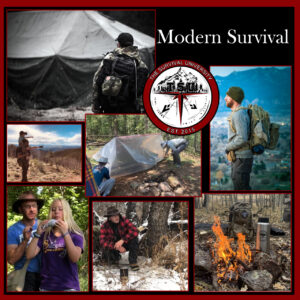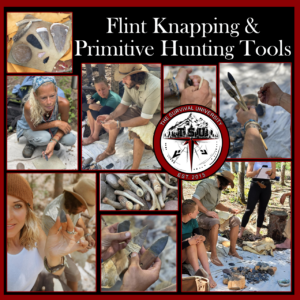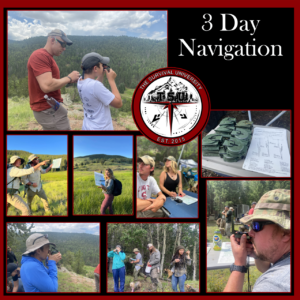Cart
Campfire Cooking – 3 Day Class
Price range: $450.00 through $1,250.00
Learn the art of outdoor cooking in this hands-on weekend. From fire building to cast iron care, Dutch oven meals, and camp kitchen setup, you’ll practice skills that make camping more comfortable and delicious. Perfect for beginners, families, and anyone who wants to eat well in the outdoors.
Description
Campfire Cooking – 3 Day Class
Fire, food, and good company — the heart of every great camp. This class is all about learning to cook outdoors with confidence and creativity. Over three days you’ll explore the skills and techniques that make campfire meals simple, satisfying, and fun.
What You’ll Learn:
-
How to build and manage a fire for cooking
-
Using cast iron skillets, Dutch ovens, and griddles over flame and coals
-
Campfire recipes: breakfasts, stews, breads, desserts, and more
-
Care and maintenance of cast iron cookware
-
Creating simple camp kitchens: fire layouts, cooking stations, and tool storage
-
Safe food handling and camp hygiene
-
Preparing meals with both fresh and shelf-stable ingredients
-
Tips for making cooking fun and stress-free on camping trips
What Makes This Class Different:
-
No long hikes or extreme conditions — this course is about comfort, learning, and eating well outdoors.
-
All instruction is hands-on. You’ll prepare and share meals in camp with your fellow students.
-
You’ll leave with the confidence to cook great food on your next camping trip, whether you’re car camping with family or setting up a weekend base camp.
ACCOMMODATIONS
If students do not wish to camp with us, the town of Cripple Creek is a short 15 minute drive from our location and Woodland Park is 30 minutes away. Students will be responsible for making their own reservations with nearby hotels. We do have a central community campfire location with a few designated campsites but mostly offer dispersed camping. Students will be able to drive their car within 100 feet of the main camp and will not have to hike gear long distances.
- Students will be staying in a dispersed camping area and are welcome to bring their own tent, camper, vehicle, or build a primitive shelter. Each student is responsible for bringing and setting up their own sleeping arrangements.
- Sanitation/Hygiene: A porta potty restroom and potable water will be provided at the main camp
FOOD AND WATER REQUIRED
Water will be provided but students will need to bring their own food. We recommend quick field expedient meals such as freeze dried hiking meals or MRE’s. They can quickly be made at our primitive camps and won’t slow down the learning process. However, students may bring any food that they wish to cook over the campfire or on their own personal camp stove.
Food can be purchased locally at nearby facilities. Walmart and several local eateries are within a reasonable driving distance.
CLOTHING REQUIRED
Warm outdoor clothing, warm gloves and hat, outdoor boots and wool socks. Cotton clothing is highly discouraged in the mountains! Wool will keep you warm even when wet and synthetics will dry faster. Layers are important in Colorado. You will want a water wicking base layer, an insulating mid layer, and a waterproof breathable outer shell. Check out our Clothes Layering Basics if you are unsure of what to wear.
NOTE
Due to the different levels of prior experience and knowledge among students in each class, individual outcomes may vary. Weather conditions can also be a factor in changing class content slightly. Nonetheless, our instructors will always endeavor to be as accommodating and consistent as circumstances will allow to ensure students get the best training experience and value for money.
Campfire Cooking – 3 Day Class Itinerary
Day 1 – Fire and Foundations
-
Welcome and introductions
-
Fire building for cooking: learning to manage flames and coals
-
Setting up a simple camp kitchen and safe work area
-
Cast iron basics: skillets, Dutch ovens, griddles, and care
-
First meal: group-prepared campfire dinner (skillet meal and cobbler dessert)
-
Evening discussion: meal planning for camping trips
Day 2 – Skills in Action
-
Breakfast: campfire coffee, griddle pancakes, and bacon
-
Morning lesson: fire layouts for different cooking methods (coals, tripod, flat rocks, hangers)
-
Midday: preparing a hearty soup or stew with bread on the fire
-
Afternoon lesson: camp hygiene, food storage, and keeping a clean cooking area
-
Dinner: Dutch oven feast (roast, vegetables, or chili with cornbread)
-
Evening: campfire dessert and stories
Day 3 – Cooking with Confidence
-
Breakfast: group cook-off with teams making different dishes
-
Morning lesson: quick and easy camp meals for short trips
-
Lunch: outdoor meal using shelf-stable and foraged ingredients (if season allows)
-
Cast iron cleaning, maintenance, and long-term care
-
Closing meal: group-prepared banquet with shared dishes
-
Wrap-up and Q&A: tips for taking these skills into your own adventures
SUGGESTED GEAR LIST
We do not provide students with gear unless they have purchased it from us ahead of time. Not much gear is needed for our courses, though good equipment does speed the learning process up greatly! Gear does not have to be purchased from our store to attend the course, but we recommend survival gear of equivalent quality.
Campfire Cooking – Gear List
Required (bring your own):
-
Tent, hammock, or other personal shelter
-
Sleeping bag and sleeping pad
-
Headlamp or flashlight with extra batteries
-
Refillable water bottle or canteen (at least 1 liter)
-
Personal eating kit:
-
Mug or cup (metal, enamel, or sturdy travel mug)
-
Plate or bowl
-
Fork, spoon, and knife (or spork)
-
-
Comfortable outdoor clothing for the season (dress in layers)
-
Sturdy shoes or boots
-
Personal toiletries (toothbrush, toothpaste, biodegradable soap, towel, etc.)
Recommended (for your comfort):
-
Camp chair or stool
-
Small cooler with snacks or drinks
-
Work gloves (for handling hot cast iron or firewood)
-
Notebook and pen for recipes and notes
-
Bandana or small towel for handling cookware
-
Insect repellent and sunscreen
Provided by The Survival University:
-
All cast iron cookware (Dutch ovens, skillets, griddles)
-
Cooking utensils (spatulas, ladles, tongs, etc.)
-
Firewood and fire setups
-
Ingredients for all meals
-
Group kitchen setup (tables, prep space, wash stations)
